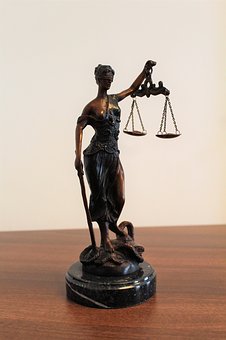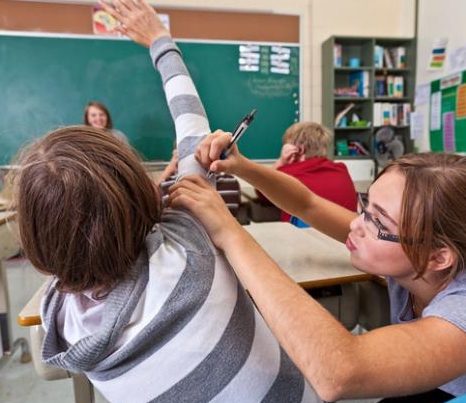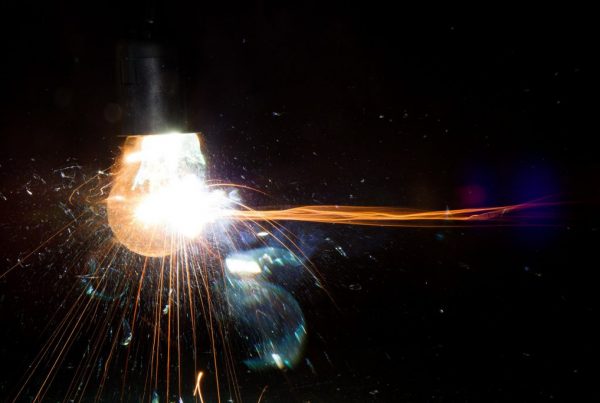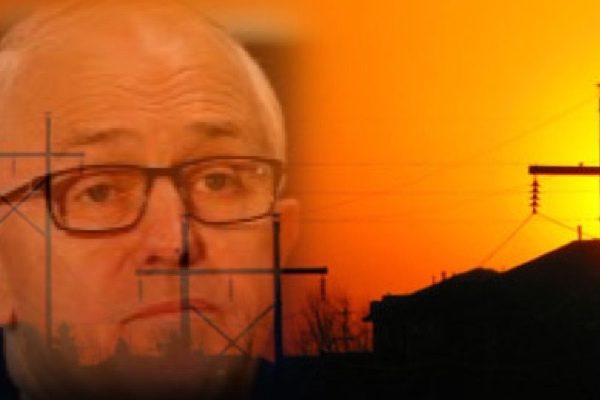Crisis PR: Overview
After over 30 years as a journalist, and 15 as a public relations consultant, mainly in Crisis PR, I’ve learnt the discipline of asking journalists relevant questions about his/her query. It’s a basic principle of good journalism to interrogate as a path to the truth. However, the reality is that even the best journalists are prone to mistakes, and biases. If you suspect this may be the case when a particular journalist contacts you, don’t hold back on asking your own tough questions before agreeing to answer theirs.
These are simple tips for improving your outcomes with a journalist. Coincidentally, they generally improve the quality of the journalist’s story, so everyone wins.
Two reasons in Crisis PR for asking these questions:
- Determining as much as possible how is the story going to look when it’s published.
- Determining the level of risk in cooperating.
The seven Crisis PR questions:
1. What is the story about?
Pretty straightforward
2. What is the angle?
The angle is a critical element of a story. There is a lot of pressure on journalists to come up with fresh angles, so this is an area of risk for a company. So you mustn’t be scared to explore: Is it negative for my client? Is it a business angle, a social angle? Am I going to like reading/watching it? What’s a potential headline, first para, picture if its for a paper (you can offer suggestions)?
If you get push-back on describing the story-angle, you may sense there is a risk is cooperating.
3. Who else is being interviewed and what are they saying?
This will give you good additional information on how the story will look. Are the other speakers critics or supporters? Are they industry insiders or activists? Do you know them? You can suggest other people to speak to, who will support your side of the story.
4.What are the areas of questions for my client?
You can’t expect specific questions, but a forthcoming journalist can give you areas of questioning. You can also gain an agreement here on no surprise questions, and that if anything relevant comes up after the interview (and before publication) that you will be given a right-of-reply.
Some journalists will be forthcoming with 2,3,4 above, and a mutual trust can develop; other journalists will be secretive, in which case trust cannot develop.
5. What is the deadline?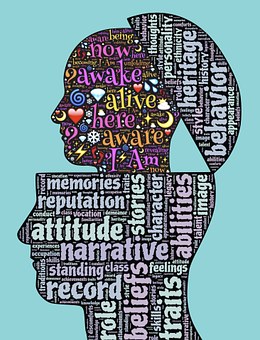
Straightforward
6. When is publication?
ditto
7. How long/substantial will the story be?
A news grab (which may include a 7-10 secs grab) involves entirely different preparation to an extended interview for a longer story.
Conclusion
Now this isn’t about deception or spinning. A Crisis PR consultant simply wants to warn a spokesperson what’s coming. That way a rational decision can be made – ‘Am I better off appearing or not appearing?’
Some journalists don’t like this level of openness. There’s actually no logic that I can see to conceal the above information, unless there’s an agenda that’s working against you. In story-telling everyone benefits with a free flow of information.
During this conversation you:
– can gain a mental picture of exactly how the journalist envisages the story
– gain a feeling for the trustworthiness of the journalist
– can suggest options to include in the story
– can gauge whether or not to cooperate.
This may seem overkill – most of the time this discipline isn’t necessary, but in PR you’re not remembered for the things you do right. It’s that one story in twenty that goes haywire that can become your legacy.



